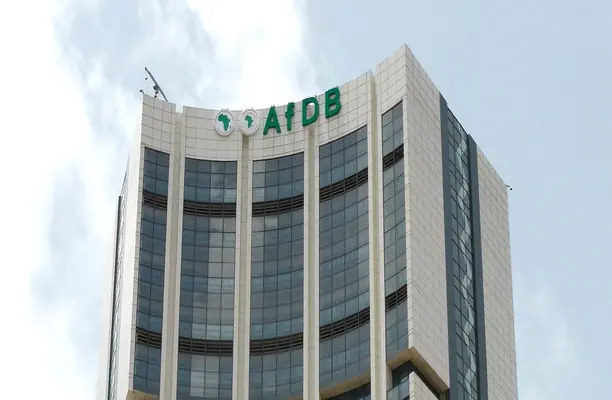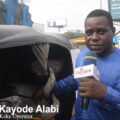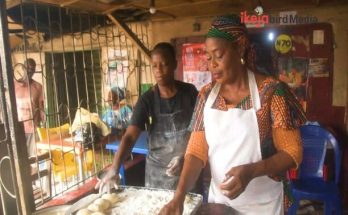By Chiagoziem Abosi
Edited by Ezennia Uche
When news broke that the African Development Bank (AfDB) would lend Nigeria $500 million to support its 2025 budget, reactions were mixed. Some Nigerians called it a lifeline, others called it “another loan we may not see.” But for many Lagosians, especially those in Ikeja, the question is simple: will this money make life easier?
According to Bode Oyetunde, Nigeria’s representative on the AfDB board, the loan will support Nigeria’s ongoing reforms in the power, fiscal, and energy sectors, and help stabilize the economy after a tough year marked by subsidy removals and inflation.
But on the streets of Ikeja, not everyone is convinced. At the Computer Village bus stop, trader Chidinma Okeke, who sells phone accessories, said,
“They always say they are borrowing money for the people, but we don’t see anything. If they really want to help, let them fix power. I spend over ₦15,000 every week on fuel. That’s where my own budget support should go.”
For Ifeanyi Odo, a tailor at Awolowo Way, his concerns are about rising costs.
“They said subsidy removal will help the economy. But now, everything is more expensive — even needle. If this AfDB money will just make power stable or bring transport price down, e go help small.”
Still, some residents believe the loan could bring relief if properly managed. Mrs. Amina Yusuf, who runs a mini-restaurant in Ikeja GRA, said,
“It’s good that international banks still trust Nigeria. But government must not waste it. They should put that money where it helps business owners like us — roads, electricity, and market access.”
Economists say the AfDB loan is designed to support reforms, not immediate palliative spending. Dr. Funmi Adesanya, a Lagos-based economist, explained that while it may not reduce food prices overnight, it could improve Nigeria’s economic stability.
“If the funds are well managed, we could see better electricity and improved foreign exchange stability. That will indirectly ease pressure on small businesses.”
However, others warn that debt servicing could reduce the loan’s impact. Nigeria’s public debt currently stands at over ₦144 trillion, and analysts fear more borrowing could deepen fiscal stress.
“We must borrow responsibly,” said policy analyst Kunle Salami.
“The AfDB is not giving free money. The real relief will only come if we invest this loan in things that make daily life better — power, jobs, and local manufacturing.”
At Ikeja’s bustling Under-Bridge area, commuters waiting for buses to Maryland and Berger say they just want results. Bamidele Akin, a commercial driver, put it bluntly:
“All these grammars about loans and reforms no concern me. Make dem just fix road and fuel price. That’s all we want.”
For now, Lagosians are watching closely. Whether AfDB’s $500 million turns into real impact or just another statistic depends on how it’s managed. As one trader said with a sigh,
“Money fit come, but if **e no touch market, e no touch life.”








